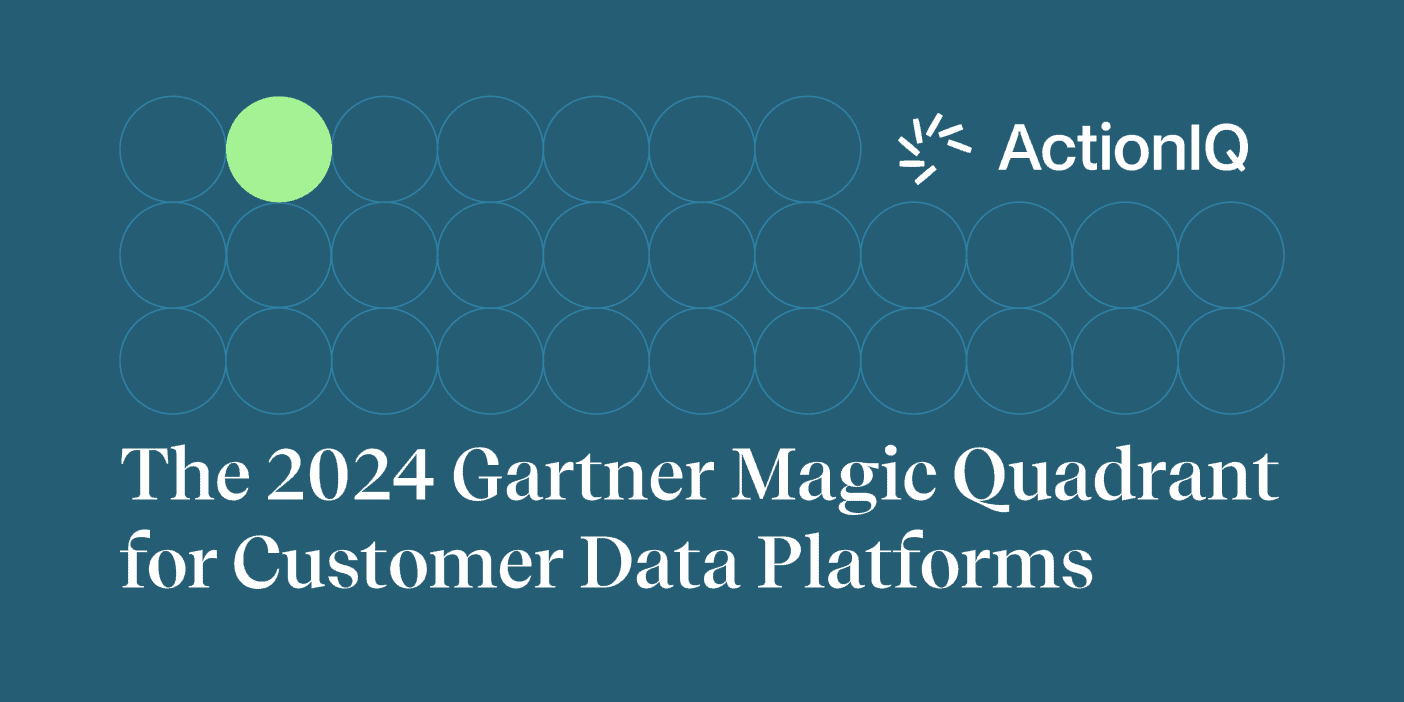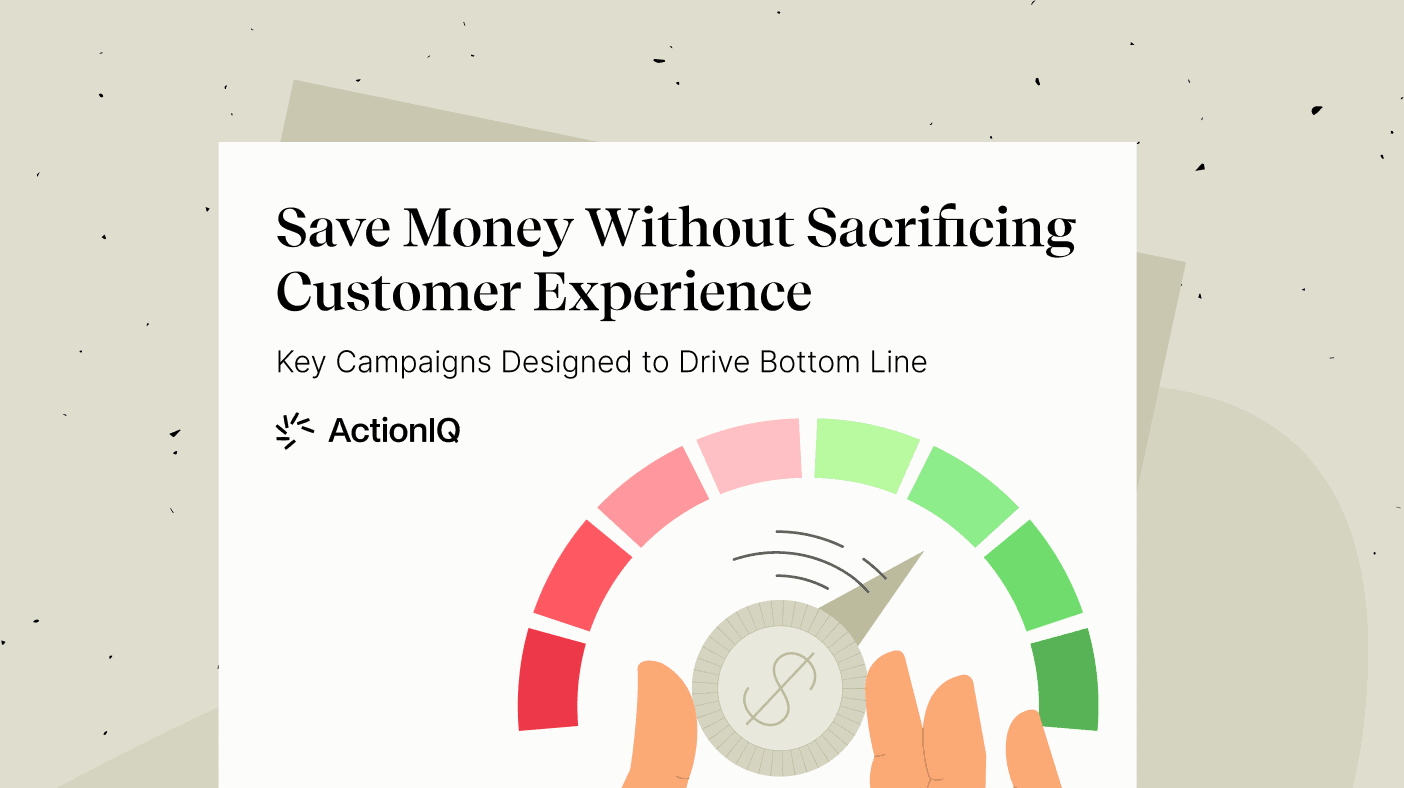Future-Proof Your Identity Strategy With an Agnostic Approach

How have things changed since third-party cookie deprecation first sent shockwaves across the advertising landscape? Have you defined a new identity strategy?
A little more than a year after Google announced it would phase out third-party cookies from Chrome by 2023, the technology giant extended its deadline for cookie deprecation until 2024.
But Google isn’t the only game in town. Apple has been making moves toward a privacy-first future, having already removed third-party cookies from Safari. And, with its iOS 14.4 update, the company made it much harder for brands to rely on Apple’s Identifier for Advertisers.
Amid all this activity, many enterprise brands remain in limbo, unsure how to navigate such significant changes to business as usual.
But inaction isn’t an option. A cookieless future is coming whether brands are ready or not. The question organizations now face is how to prepare for an outcome that’s still being decided.
The answer? By giving themselves the flexibility they need to succeed in every eventuality.
The key is an agnostic approach. Read on to find out how you can future-proof your identity strategy and easily adapt to an ever-evolving marketplace.
Future-Proof Your Identity Strategy With an Agnostic Approach
Overcoming the Chicken or the Egg Dilemma
Third-party cookies are going away one way or another, and numerous advertising technology companies are throwing their hats into the ring to replace them in the form of new universal ID solutions. The Trade Desk, Liveramp, Neustar, Merkle — all these and many more are setting the stage for a new approach to identification in a post-cookie world.
But here’s the catch — as the death of the cookie continues to evolve, both advertisers and publishers are unsure which universal ID to bet on.
Advertisers want to implement the ID solution that has the greatest reach and scale. And publishers want to implement the one that has the most buyer adoption. But it’s impossible to say which ID solution that is until organizations start investing in different options. Hence a classic chicken or the egg dilemma.
No single ID solution will win the entire market and become the new gold standard for replacing anonymous identifiers. Instead, brands should prepare for a fragmented future with multiple identifier replacements.
Making the Smart Choice
So how are enterprise brands to choose when they’re not sure which choice is best? The solution is simple: Choose the flexibility to change your mind.
If brands do nothing, they won’t be able to advertise or sell to advertisers. If they adopt one ID solution and lock themselves into it, they roll the dice and hope for the best.
But if they prioritize an agnostic approach — one that gives them the flexibility to start with one solution and add to it or replace it with another — they give themselves the optionality they need to adapt no matter which way the wind blows.
The only way to future-proof an identity strategy in an ever-evolving world is to make sure you’re prepared for every future. By building an ID-agnostic stack, brands will give themselves the chance to test what works and change course as needed.
Of course, simply adopting every ID solution willy-nilly isn’t the answer. Brands must still decide which IDs make the most sense for their organizations.
Some ID solutions are free to use while others will require onboarding a vendor. Different vendor-provided ID graphs will vary in how they’re built, meaning different strengths or weaknesses depending on your own first-party data strategy. And not all ID solutions will be available in all geographic locations — some may make more sense in the US while others are a better fit for Europe, for example.
The goal is giving yourself the option to use whichever solution works for you whenever you need it — and the ability to change over time. And that starts with your tech stack.
Investing in an Agnostic Tech Stack
Data management platforms (DMP) are dying because the cookie data that fuels them is disappearing — and there’s no shortage of tech vendors jumping in to take their place.
Both advertisers and publishers will have to revisit their adtech stacks to make sure identity is at the center of everything they do. The top of the to-do list should be investing in technologies that integrate with multiple ID solution-providers in order to support an agnostic approach.
An agnostic approach to how you build your tech stack goes beyond ID solutions. For example, data clean rooms will be much more common in a cookieless world, and there will be multiple clean rooms to choose from. The ability to integrate with different clean rooms will be business-critical.
By taking an agnostic approach across your tech stack, you’ll achieve the flexibility you need to succeed no matter what comes next.
Odds are enterprise companies will have to adopt multiple ID solutions in the cookieless future. Start with one, adopt as many as you need over time and eliminate the ones that don’t add value.
Just make sure you have technology in place that gives you options instead of locking you into one path.
Upgrade Your Identity Strategy With the CX Hub
The AIQ CX Hub‘s new Identity module allows brands to address a wide variety of use cases where identity resolution is critical to deliver personalized and even real-time CX to new and existing customers at scale.
On top of deterministic stitching across all data, ActionIQ offers three identity solutions for customers:
- IdentityPlus: Tailor your identity resolution using probabilistic methods on your first-party PII data
- IdentityConnect: Integrate with any third-party vendors providing ID graphs — such as Neustar, Merkle Merkury, Liveramp, Acxiom or Data Axle — so that you can expand your addressability and go beyond your first-party data knowledge
- IdentityEdge: Map identities in real-time, in the browser, and retarget users on addressable channels
Learn More About Succeeding With Your Identity Strategy in a Post-Cookie World
Download The Enterprise Guide to Acquisition Marketing Powered by First-Party Data or get in touch with our experts to learn more about CX Hub’s Identity framework and how you can use it to increase your revenue in an unstable advertising landscape.





